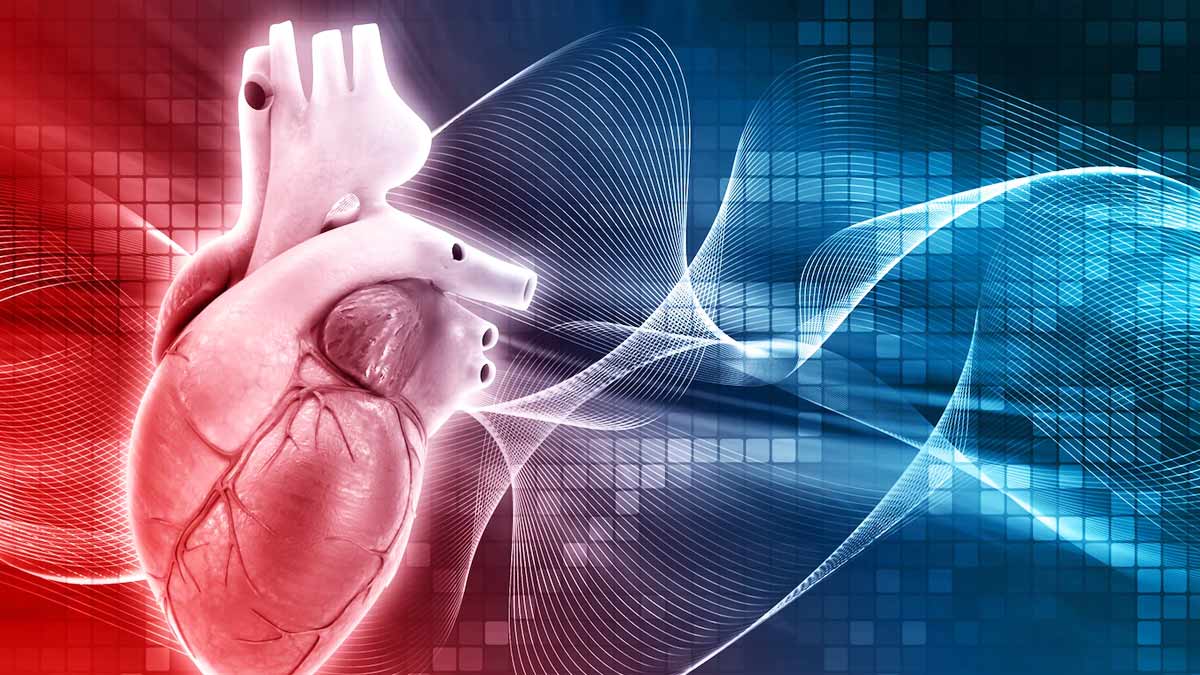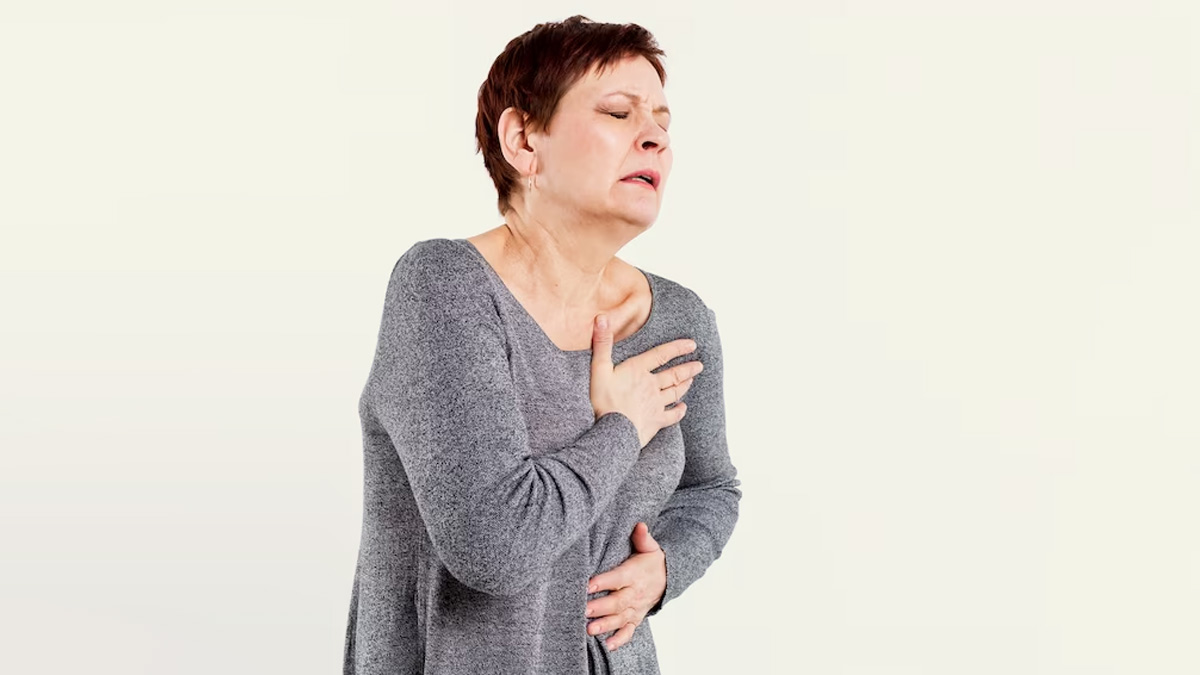
As the name suggests, sick sinus syndrome or sss is an ailment related to sinus, it’s a condition that affects the heart's natural pacemaker, the sinus node. It is important to know its signs and the steps to manage and treat it is essential for those diagnosed with this condition.
Table of Content:-
Signs of Sick Sinus Syndrome
Heart Rate Becomes Slow
“SSS often leads to a slower-than-normal heart rate. This can cause fatigue, weakness, and dizziness as the heart is unable to pump blood efficiently.
Paradoxically, SSS can also cause episodes of fast heart rate, leading to palpitations or a fluttering sensation in the chest,” said Dr Sajay Chaudhary, MBBS, MD, VMMC, New Delhi.
Intermittent Fainting
Due to irregular heart rhythms, people with SSS may experience episodes of fainting or near-fainting, which can be concerning and necessitate medical attention.
Also read: A Game Changer For Heart Health: Researchers Develop Vaccine To Lower 'Bad' Cholesterol
Shortness of Breath
Inefficient pumping of blood can lead to reduced oxygen supply to the body, causing shortness of breath and difficulty in performing regular activities.
Chest Discomfort
Some individuals with SSS may experience chest discomfort or pain, although this is less common than other symptoms.

Steps to Manage and Treat Sick Sinus Syndrome
Medication Management
Depending on the specific symptoms and heart rhythm abnormalities, medications may be prescribed. These can include medications to control heart rate, maintain a regular rhythm, or prevent blood clots.
Pacemaker Implantation
A common and effective treatment for SSS is the implantation of a pacemaker. A pacemaker is a small device that helps regulate the heart's rhythm by sending electrical signals to the heart muscles. This ensures that the heart maintains an appropriate and consistent pace.
Need To Modify The Lifestyle
Making certain lifestyle changes can be beneficial for managing SSS. These include avoiding excessive alcohol consumption, managing stress, and maintaining a heart-healthy diet and exercise routine.
Regular Monitoring and Follow-up
Individuals with SSS require regular monitoring by a healthcare professional to assess the effectiveness of treatment and make adjustments as needed. This may involve routine check-ups, ECGs, or other heart monitoring tests.
Treatment of Underlying Causes
In some cases, SSS may be associated with other medical conditions. Addressing and treating these underlying causes, such as thyroid disorders or sleep apnoea, can contribute to the management of SSS.
Also read: Why Are Women More Likely To Die From A Heart Attack Than Men
Emergency Preparedness
Since SSS can lead to fainting or near-fainting episodes, individuals should be aware of potential triggers and take precautions to avoid injury during these episodes. This may involve being mindful of environmental factors, such as standing up slowly to prevent falls.
For those living with SSS, consulting with a cardiologist for a correct diagnosis and a specific treatment plan is vital. Early detection and adequate management help considerably to patients with this condition retaining a good quality of life.
Also watch this video
How we keep this article up to date:
We work with experts and keep a close eye on the latest in health and wellness. Whenever there is a new research or helpful information, we update our articles with accurate and useful advice.
Current Version